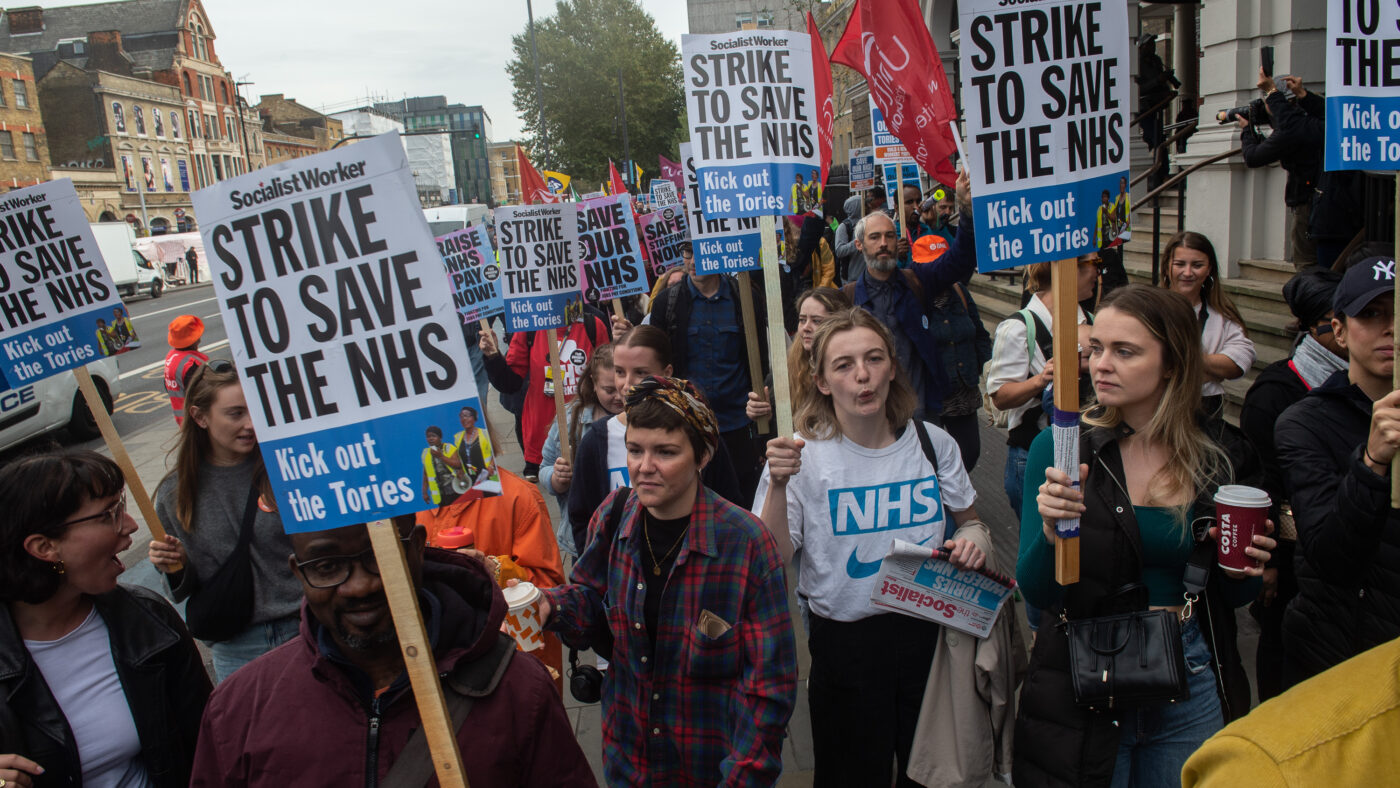Last week, I spoke at a panel at Think Tent 2023, a series of fringe events jointly organised by the Institute of Economic Affairs and the Taxpayers’ Alliance which was running alongside the Conservative Party Conference. The panel was on the question of ‘How can we improve Britain’s health service?’, and my take was that we probably cannot, fundamentally. The NHS has been reorganised more times than anyone can count. If there was a way to fix it, we would probably have found it by now.
At the same time, we have good examples nearby of healthcare models that have been proven to work, if, by ‘work’, we mean achieve good clinical outcomes and offer rapid access to treatment at a tolerable cost. So why not ditch the NHS altogether, and go for one of those models instead? Why not adopt a system like the one in the Netherlands, where they have a universal private health insurance system with a competitive market in healthcare provision? They achieve some of the best outcomes in the world, and waiting times for common treatments are between a third and half of ours. Their ‘Social Health Insurance’ (SHI) system is just as equitable as ours, and total healthcare spending is comparable.
Fringe events are obviously separate from the party conference proper, and they can be wildly unrepresentative of it. They are attended by a heavily self-selected audience, and the type of person who attends an IEA/TPA event is by definition more open to our ideas than the average party member.
Nonetheless: I’m pretty sure that just two or three years ago, calling for a wholesale replacement of the NHS with a different system would have been a highly controversial thing to say in front of any audience associated with a mainstream political party. I probably wouldn’t have been given the Andrew Boff treatment, but the audience would have felt obliged to signal their disapproval. At the very least, they would have been anxious that a hostile journalist in the audience might use a guilt-by-association technique to imply that what I’m saying is what the party secretly believes.
But there was none of that. To what extent I managed to win over the audience, I have no idea: this wasn’t a motion, or a popularity contest. But unlike on previous similar occasions, I felt like being just another panellist among several, rather than a complete outlier. To me, this suggests that the NHS cult is no longer as strong as it once was.
In this regard, perhaps our areas of disagreement are even more indicative than our areas of agreement. One of my fellow panellists, Toby Brown from the King’s Fund, made a reasonable case against a switch to an SHI system. His issue, though, was not with the destination, but with the way to get there. He accepted that SHI was ‘a great healthcare system for many countries across the world’. But he also cautioned:
‘We’re talking about a state that is failing to build a railway from London to Manchester. Are we going to trust it to completely rewire the health service?’
That is an entirely fair point. One could have added the chaotic Brexit process, and the messed-up, endlessly delayed rollout of Universal Credit, as further cautionary tales.
But it is a point about the practicalities of implementation, not about the feasibility, or even the desirability, of an alternative to the NHS.
Brown is right. Those of us who argue that the state is bad at running healthcare cannot also argue that the state would be terrifically good at managing a complex health system transition. If the state is bad at running things, it is also bad at getting itself out of things, in an orderly way.
We could, of course, turn this argument on its head, and throw it back at Brown: if you think the British state is too incompetent to manage such a transition – why do you want such an incompetent state to run your healthcare in perpetuity? But that would not invalidate his argument.
It is the job of SHI supporters to come up with a foolproof transition plan, which doesn’t assume the existence of a competent, well-run state, but which takes the British state as it currently is as given. A realistic transition plan must start from the presumption that what can go wrong will go wrong, and it must have inbuilt safe fallback options for when it does. Otherwise, we would be repeating the mistakes of those early 1990s economists who thought ‘Wouldn’t it be great if post-Soviet Russia became a liberal, Western-style market economy?’, ignoring what the Soviet/Russian state, which they relied upon to manage that transition, was actually like.
Click here to subscribe to our daily briefing – the best pieces from CapX and across the web.
CapX depends on the generosity of its readers. If you value what we do, please consider making a donation.


